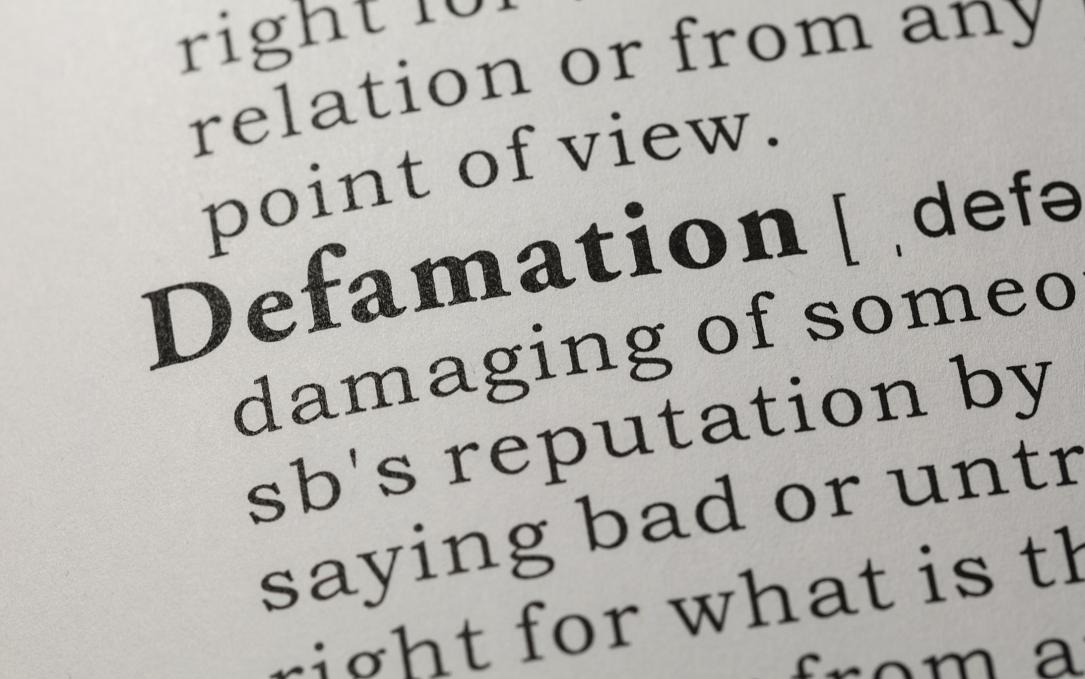Freedom of expression vs. defamation in the context of social media, a legal perspective



Currently, social networks play an essential role in daily interactions, with people being tempted to express their opinions and dissatisfactions in a direct and uncontrolled manner, often criticizing situations, individuals, or behaviors. In a democratic society, freedom of expression is encouraged, being one of the fundamental values that guarantee the proper functioning of a democratic regime.
Freedom of expression is a fundamental right, provided by Article 30 of the Constitution. However, freedom of expression is not an absolute right; it has limitations aimed at protecting the dignity, honor, private life, and right to one’s own image, as expressly stated in Article 30, paragraph 6 of the Constitution.
What is defamation?
Defamation refers to the act of making false, tendentious, or offensive statements about a person in a public space or exaggerating or distorting certain events or situations to damage that person’s image or reputation.
As established by the High Court of Cassation and Justice through Decision no. 4546/2014, social networks are considered public spaces. Therefore, legal consequences may arise against individuals who make statements on social networks that harm someone’s reputation or image.
In national legislation, defamation is no longer explicitly regulated. In the old Penal Code, it appeared as slander or insult, but these offenses were repealed in 2006 and were not reintroduced in the new Penal Code. Nevertheless, the injured person can file a civil lawsuit for tort liability against the defamer, and if the court rules in their favor, the offender might be required to pay material damages and/or compensate for the harm caused.
Remedies and means of defense
First, although this procedure is not explicitly provided by law, an initial non-contentious step could be sending a written communication to the offender, outlining the situation and the online impact of their statements on the injured party and warning them of the potential legal consequences if they persist with the defamatory remarks or fail to retract the statements or defamatory material.
Secondly, if the above approach proves ineffective, legal action can be taken by filing a lawsuit in civil court for tort liability due to the infringement of the right to dignity, private life, or personal image. As stated in Article 252 of the Civil Code: “Any individual has the right to the protection of intrinsic human values, such as dignity and private life.”
According to Article 253 of the Civil Code, the injured party may request the court to compel the offender to take necessary measures to restore the infringed right. Such measures may include:
Conclusion
Given the speed at which information spreads online—information that often lacks supporting evidence but can significantly impact someone’s reputation or image—it is crucial to maintain a balance between freely expressing opinions and adhering to a respectful and courteous discourse toward others.
For further information or any additional inquiries, please contact office@grecupartners.ro.
*This is Partner Content.
(Photo source: ID 188108741 © Feng Yu | Dreamstime.com)